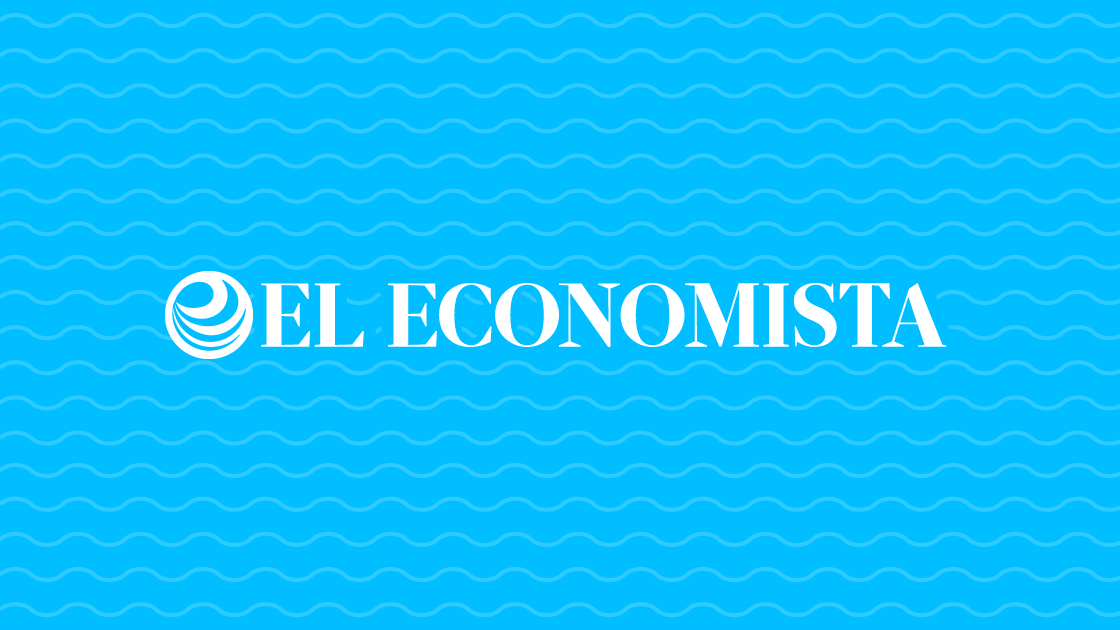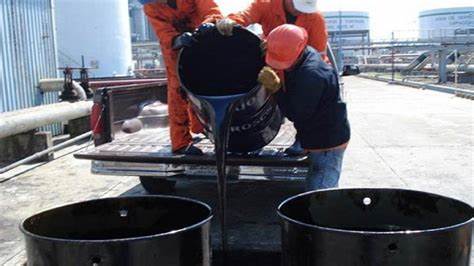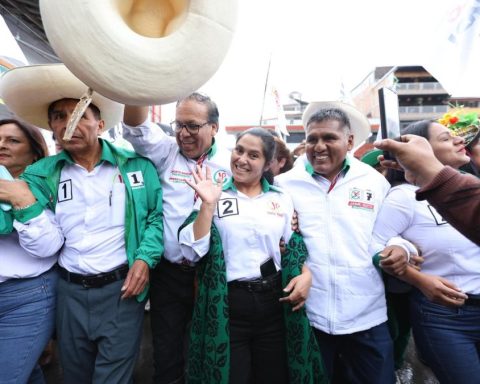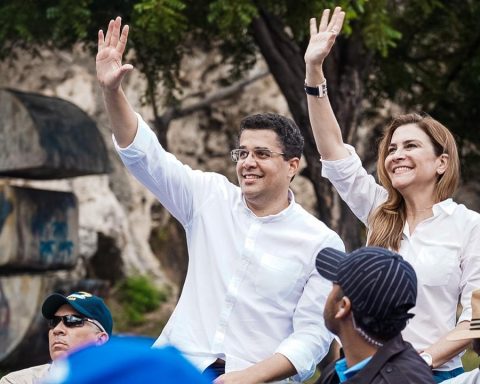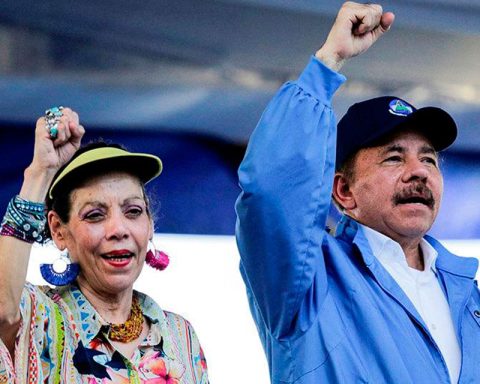After a cautious end to 2021, last January the confidence of Mexican businessmen fell sharply, coinciding with a challenging macroeconomic climate due to the rise in inflation, the persistence of logistical and value chain disruptions and, notably, with the rebound in Covid-19 infections due to the Omicron variant of SARS-CoV-2.
For the first time since August of last year –also coinciding with the third wave of contagions– the indicators of business confidence in the three sectors that are analyzed in the report on Business Confidence Indicators published each beginning of the month by the National Institute of Geography and Statistics (Inegi).
Commerce led the list, down 2.6 points to 54.6 points, followed by manufacturing (-1.2 points to 51 units) and construction (-0.7 points to 51.6 points). Despite the falls, in the three lines the indices remained above the threshold of 50 points that establishes a perspective of expansion of the indicators.
In the cases of commerce and manufacturing, the setbacks were significant, being the largest since April 2020 for both cases, although at that time both indices were in contraction areas (below 50 points).
The declines in January are closely linked to pessimism about the future, mainly regarding manufacturing and construction.
In the first case, the subcomponent of the indicator with the greatest contraction was that of “Future economic situation of the country”, (-2.3 points); while, in the second, that place was occupied by the subcomponent called “Future economic situation of the company”, (-0.9 points).
In the case of business confidence in trade, the item with the worst performance was “Right time to invest” (-3.7 points), followed by “Future economic situation of the company” (-3.4 points) .
Meanwhile, the Inegi Manufacturing Orders Indicator (IPM) also showed a slight contraction of 0.5 points to 51.5 units, mainly affected by declines in the Orders (-1.04 points), Production (-1.07 points) and Employed Personnel sub-indices Total (-0.24 points).
